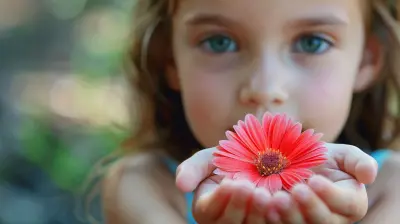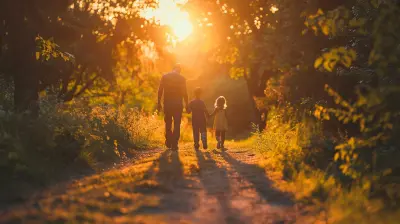How to Create an Emergency Safety Plan with Your Children
15 October 2025
Emergencies can happen anytime, anywhere. Whether it's a natural disaster, fire, or unexpected crisis, the safety of your family is a top priority. But here's the thing—panic can take over in stressful situations, and without a plan, things can go south quickly. That’s why having an emergency safety plan is crucial.
But it’s not enough to just have a plan—your kids need to know it too. So, how do you create a safety plan that works for your children and ensures they stay calm and know what to do? Keep reading because we're about to break it all down! 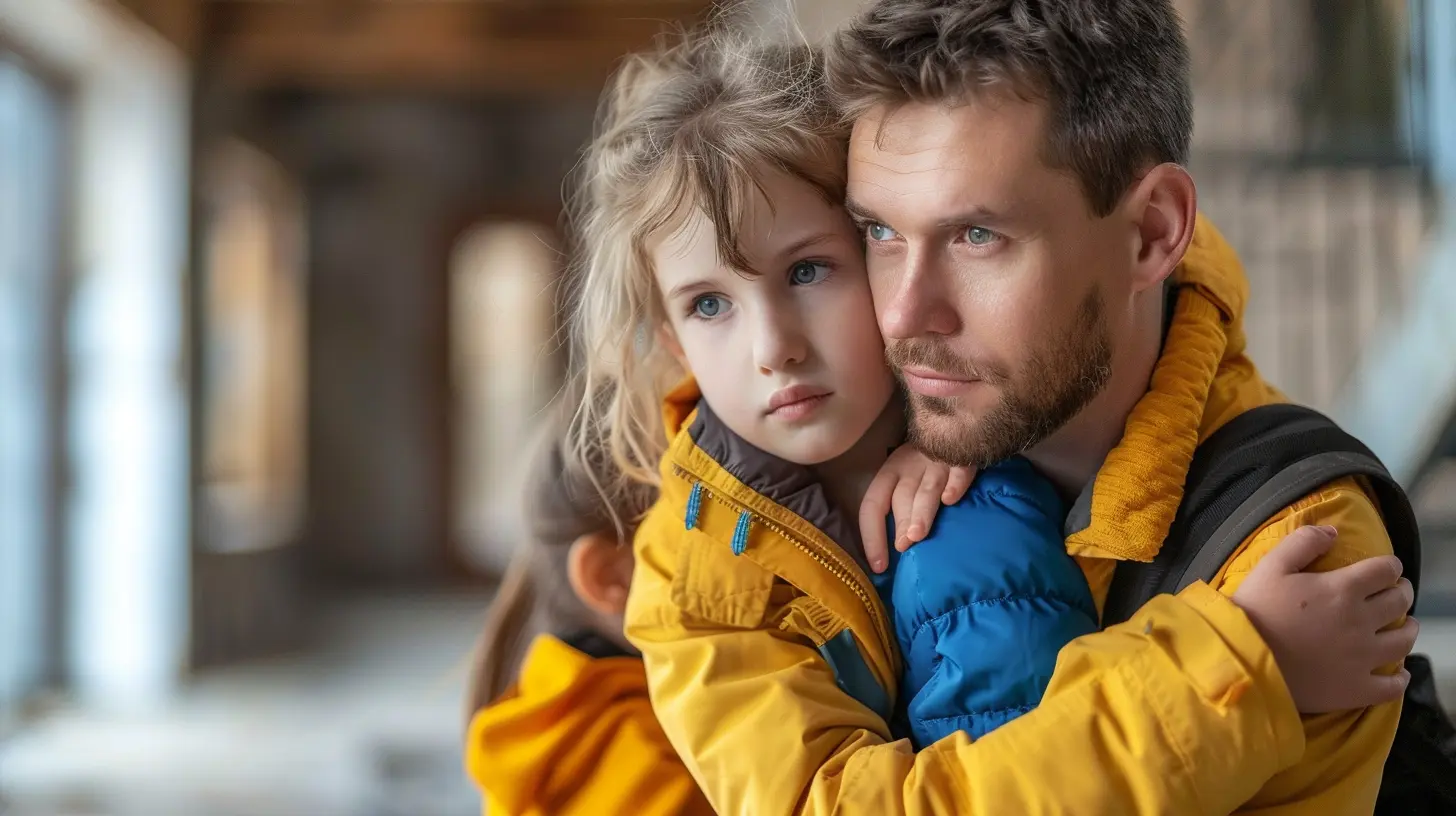
Why an Emergency Safety Plan Is Essential
Think about it—if a fire breaks out, if there’s a sudden blackout, or even worse, a natural disaster, would your children know what to do? Having a plan in place means:✅ Less panic – Knowing the plan allows for quick, confident actions.
✅ Faster response time – No second-guessing means a quicker escape or recovery.
✅ More safety – Kids are less likely to make dangerous decisions when they’ve rehearsed what to do.
Children need clear, simple, and practiced instructions to ensure they react the right way in an emergency. Let’s get started on building a foolproof plan! 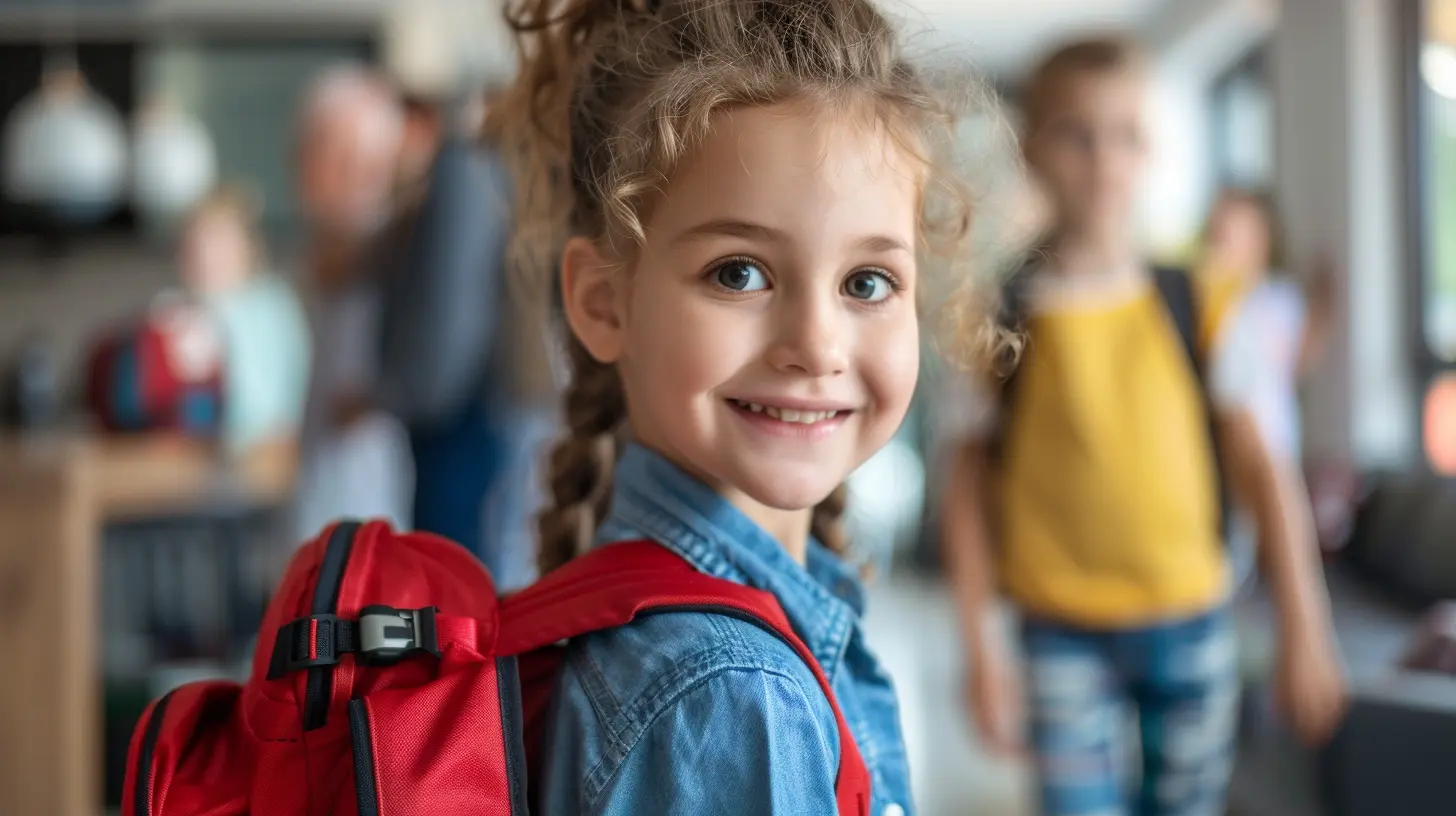
Step 1: Identify Potential Emergencies
Before you can create a plan, you need to know what you’re planning for. Different locations have different risks, so think about the emergencies most likely to happen in your area:- House fires 🔥
- Earthquakes 🌎
- Hurricanes 🌪
- Tornadoes 🌪
- Floods 🌊
- Power outages ⚡
- Medical emergencies 🚑
Once you know what you're up against, tailor your plan to address each situation. 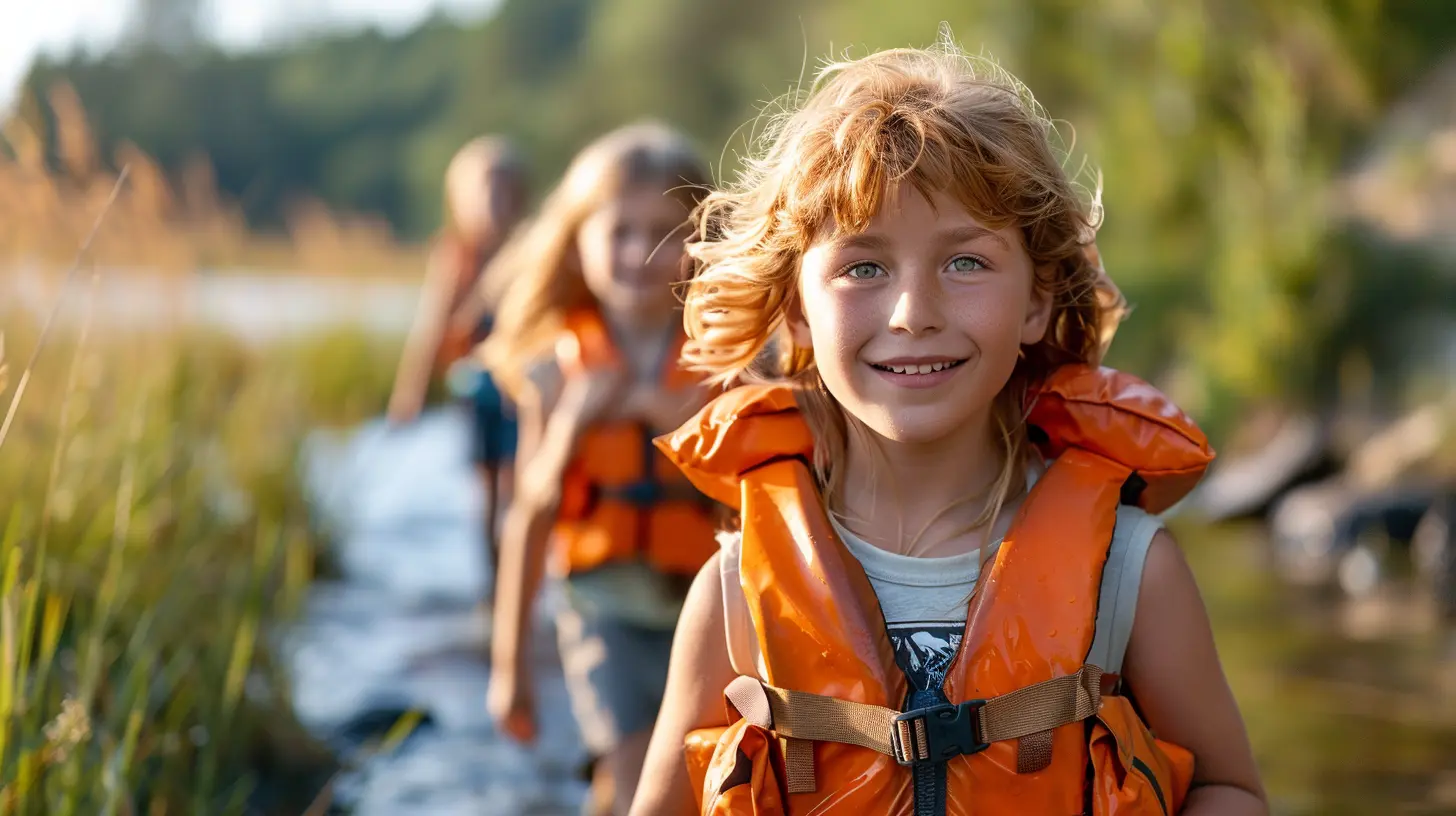
Step 2: Create a Family Emergency Communication Plan
One of the biggest fears during an emergency is getting separated. A family communication plan ensures that everyone knows how to get in touch and where to meet.Set Up Emergency Contacts
Make sure your children memorize or have access to:📞 Parents' phone numbers
📞 A relative’s or close friend’s number (in case parents are unreachable)
📞 Local emergency numbers (911, fire department, hospital, etc.)
Designate a Meeting Spot
Pick two safe locations:🏡 Near home – A neighbor’s house or a specific tree in the front yard.
🌎 Outside the neighborhood – A friend’s house, a library, or another safe place in case your entire neighborhood is affected.
Practice Emergency Calls
Teach kids how to dial 911 and explain what information they need to give:- Their full name
- Their address
- The emergency situation
Role-playing can make all the difference in teaching them how to stay calm and communicate clearly. 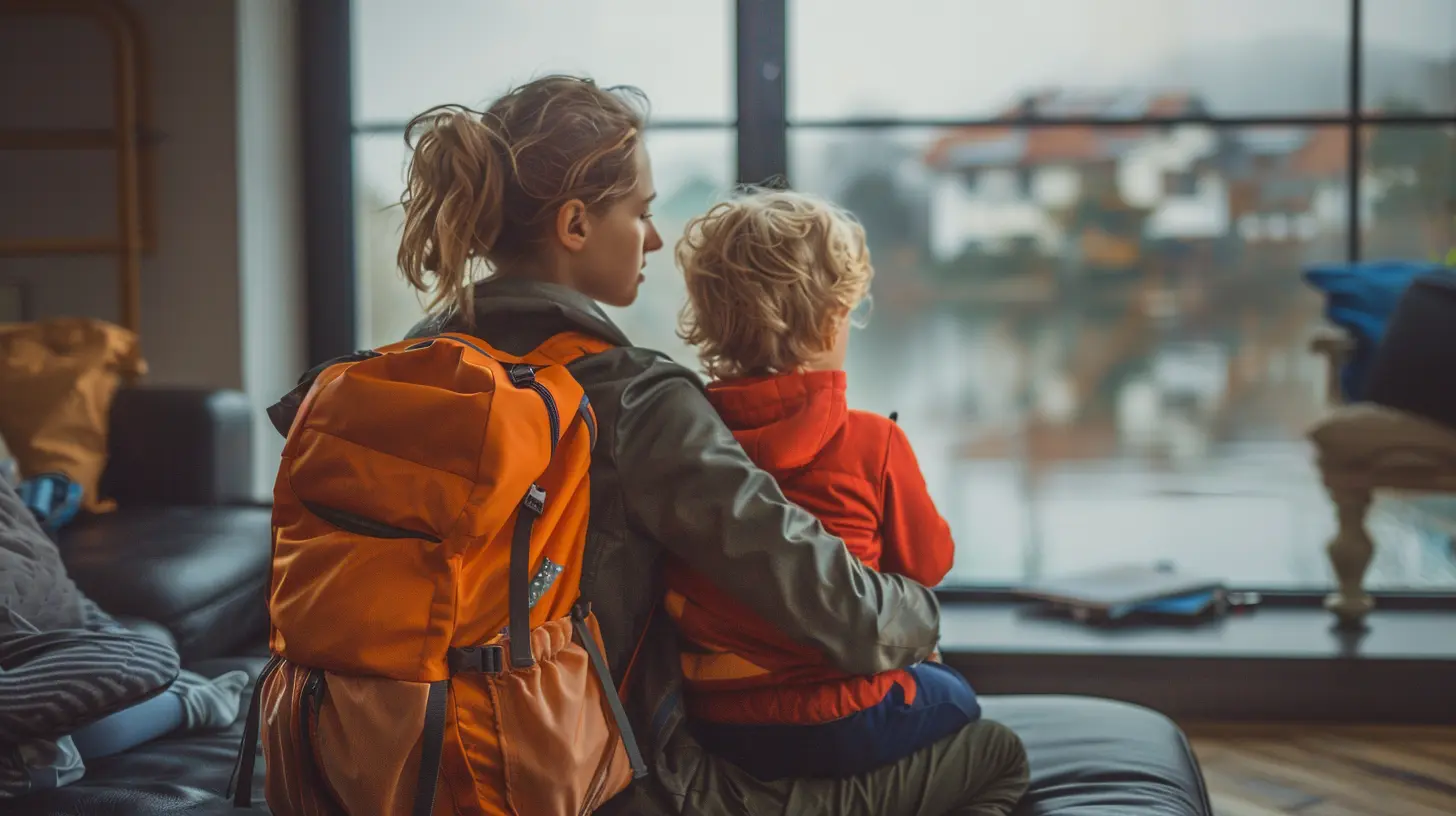
Step 3: Teach Escape Routes and Safety Procedures
Fire Escape Plan
Fires spread fast! Your kids need to know:🔥 Two exit routes from each room (like a door and a window).
🚪 How to check doors for heat before opening them.
🐍 How to crawl under smoke to avoid inhaling dangerous fumes.
🚒 Where to meet outside (driveway, sidewalk, etc.).
Natural Disaster Safety
Different disasters require different actions:- Earthquake – "Drop, Cover, and Hold On." Under a sturdy desk or beside a solid wall away from windows.
- Tornado – Head to a basement or an interior room without windows.
- Flood – Move to higher ground ASAP! Do not walk or drive through floodwaters.
Practicing these scenarios at least twice a year will help them become second nature to your kids.
Step 4: Build an Emergency Kit Together
Think of this like a superhero survival kit—because in an emergency, your kids need to be prepared.What to Include
🩹 First aid supplies (bandages, antiseptic, emergency meds)🚰 Bottled water (enough for 3 days)
🍏 Non-perishable food (granola bars, canned goods)
🔦 Flashlight and extra batteries
📻 Battery-powered radio (for emergency updates)
📞 Portable phone charger
👕 Extra clothes and blankets
📜 Important documents (copies of IDs, medical records)
Personalize Their Kit
Kids might need:🧸 Comfort items (a small stuffed animal or toy)
📖 Activity books or cards (to keep them calm)
👟 Extra sneakers (in case they need to walk a lot)
Step 5: Practice, Practice, Practice!
A plan is only as good as your kids’ ability to remember and use it under pressure. That’s why regular practice is key.Run Drills
🔥 Fire drill – Practice escape routes once every 6 months.🌪 Tornado drill – Make sure everyone knows where to go.
📞 Emergency call practice – Role-play calling 911 to reinforce what to say.
Make It a Game
Turn safety drills into a fun challenge. For example:🏆 Who can exit the house fastest during a fire drill?
🤔 Quiz night – Ask safety scenario questions over dinner.
By making learning fun, your kids will absorb this life-saving information without fear.
Step 6: Address Emotional Preparedness
Emergencies can be scary, especially for kids. Helping them understand and manage fear is crucial.🧘 Teach them breathing techniques – Deep breaths can help them stay calm.
🗣 Encourage open conversations – Let them ask questions and express concerns.
🦸 Empower them – When kids feel prepared, they feel more in control.
A good approach? Remind them that firefighters, paramedics, and even family members are all there to help. They’re never alone!
Final Thoughts
No one likes to think about emergencies, but the truth is—they happen. And when they do, having a family emergency safety plan can mean the difference between chaos and control.So, take action today:
✔ Identify the risks
✔ Create a communication plan
✔ Practice escape routes
✔ Pack an emergency kit
✔ Drill regularly
Your kids are counting on you to prepare them, not scare them. And trust me—when the time comes, you’ll be grateful you did.
Stay safe!
all images in this post were generated using AI tools
Category:
Child SafetyAuthor:

Liam Huffman
Discussion
rate this article
1 comments
Shannon Flores
In the embrace of safety’s light, Together we weave a plan so bright. With gentle hands, our fears we face, Teaching love and strength in every space. In every heartbeat, let them understand, Preparedness blooms from a guiding hand.
November 1, 2025 at 4:53 AM

Liam Huffman
Thank you for your beautiful reflection! It perfectly captures the essence of nurturing preparedness and love in our families.
